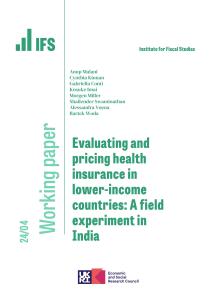Abstract
Few longitudinal studies have explored the impact of loneliness on social engagement. We investigated whether loneliness would result in decreased social engagement over time among older adults and also whether the converse, that low levels of social engagement would predict increases in loneliness, held. Additionally, we explored potential mechanisms (specifically, memory and depressive symptomatology as mediators) in the bidirectional relationship(s) between loneliness and social engagement. Data from 4,714 adults over 50 years of age, participating in Waves 3, 4, and 5 of the English Longitudinal Study of Ageing (between 2006 and 2011), were analyzed using bivariate dual change scores within structural equation models. Higher levels of loneliness were inversely associated with social engagement over time, and high levels of social engagement were inversely associated with loneliness over time. To address the 2nd aim, we used structural equation modeling to evaluate potential mediators of the bidirectional relationships between loneliness and changes in social engagement. Depressive symptomatology, semantic memory, and episodic memory were found to partially mediate the relationship between loneliness measured at baseline and social engagement 4 years later. In addition, these variables also partially mediated the relationship between social engagement at baseline and loneliness 4 years later. A comparison of the 2 models revealed that the model proposing a pathway from loneliness to social engagement (as mediated by depressive symptoms and memory) provided a better fit to the data. Implications for theories of loneliness are discussed. (PsycINFO Database Record.








